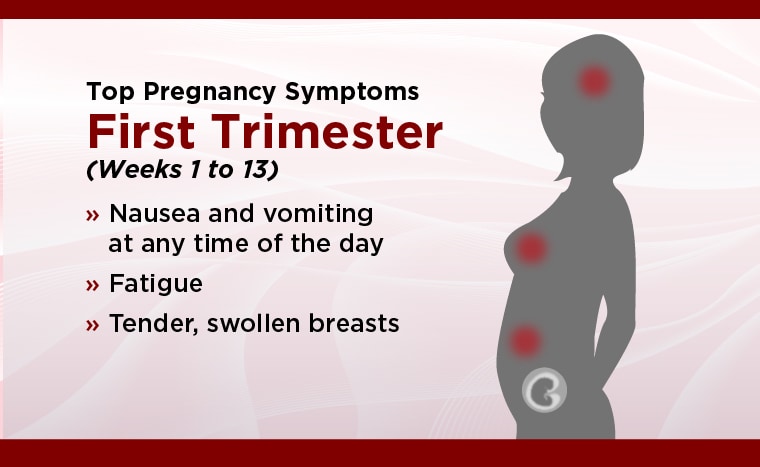
Abdominal Pain During Early Pregnancy: Causes, Treatment, and When to Seek Medical Attention
Abdominal pain is a common complaint during early pregnancy, affecting up to 80% of women. While most abdominal pain is mild and resolves on its own, some types can be more severe and require medical attention. Understanding the causes, treatment options, and when to seek medical help can help ensure a healthy pregnancy and alleviate any concerns.
Causes of Abdominal Pain During Early Pregnancy
Abdominal pain during early pregnancy can have various causes, including:
- Uterine stretching: As the uterus grows to accommodate the developing fetus, it can cause stretching and pulling sensations in the abdomen. This pain is typically mild and intermittent.
- Constipation: Pregnancy hormones can slow down digestion, leading to constipation and abdominal discomfort.
- Gas and bloating: Hormonal changes and the growing uterus can also cause increased gas and bloating, which can contribute to abdominal pain.
- Round ligament pain: The round ligaments, which support the uterus, stretch as the uterus grows, causing sharp or stabbing pain on either side of the abdomen.
- Implantation pain: When the fertilized egg implants in the uterine lining, it can cause mild cramping or pain in the lower abdomen.
- Ectopic pregnancy: In rare cases, abdominal pain can be a sign of an ectopic pregnancy, where the fertilized egg implants outside the uterus. This is a medical emergency and requires immediate medical attention.
Treatment Options for Abdominal Pain
Most abdominal pain during early pregnancy can be managed with simple home remedies and lifestyle changes:
- Rest: Getting plenty of rest can help reduce pain and discomfort.
- Warm baths or compresses: Applying a warm compress or taking a warm bath can help relax the muscles and relieve pain.
- Gentle exercise: Light exercise, such as walking or swimming, can help improve circulation and reduce discomfort.
- Dietary changes: Eating a healthy diet, including plenty of fiber and fluids, can help prevent constipation and gas.
- Over-the-counter pain relievers: Acetaminophen (Tylenol) is generally considered safe for use during pregnancy to relieve mild pain.
- Prenatal massage: A prenatal massage can help relax the muscles and relieve pain.
When to Seek Medical Attention
While most abdominal pain during early pregnancy is not serious, there are certain situations where it is important to seek medical attention:
- Severe or persistent pain: If the pain is severe, persistent, or accompanied by other symptoms such as fever, chills, or vaginal bleeding, it could be a sign of a more serious condition.
- Pain accompanied by vaginal bleeding: Any vaginal bleeding during pregnancy should be evaluated by a healthcare provider.
- Pain that worsens with movement: Pain that worsens with movement or changes position could be a sign of an ectopic pregnancy.
- Pain that radiates to the back or shoulders: Pain that radiates to the back or shoulders could be a sign of a kidney infection or other medical condition.
- Pain accompanied by nausea and vomiting: Severe nausea and vomiting, especially if accompanied by abdominal pain, could be a sign of hyperemesis gravidarum, a condition that requires medical treatment.
Prevention of Abdominal Pain During Early Pregnancy
While not all abdominal pain can be prevented, certain measures can help reduce the risk:
- Maintaining a healthy weight: Maintaining a healthy weight before and during pregnancy can help reduce the risk of constipation and gas.
- Eating a healthy diet: Eating a healthy diet, including plenty of fiber and fluids, can help prevent constipation and gas.
- Exercising regularly: Regular exercise can help improve circulation and reduce discomfort.
- Managing stress: Stress can contribute to abdominal pain, so finding healthy ways to manage stress can be beneficial.
Conclusion
Abdominal pain during early pregnancy is a common complaint that can have various causes. While most pain is mild and resolves on its own, it is important to be aware of the potential causes and when to seek medical attention. By understanding the causes, treatment options, and when to seek medical help, women can ensure a healthy pregnancy and alleviate any concerns.